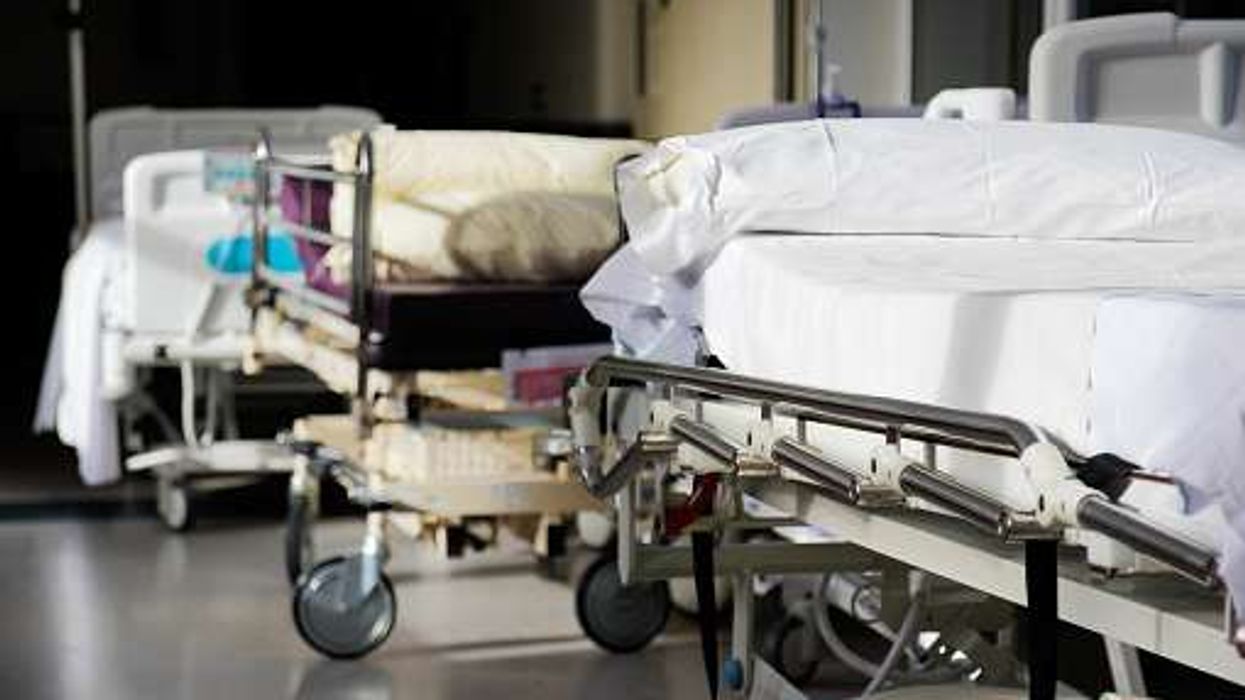The International Pharmaceutical Federation (FIP) has refuted the comments made by the Royal Pharmaceutical Society (RPS) president in relation to the membership fees of the global pharmacy body.
In an open letter, RPS president Prof Claire Anderson has cited the “extent of the annual membership fee, the associated costs of participation in FIP events, and attendance at meetings” as a major reason for its decision to leave FIP, after a section of members argued that “there was no perceptible value in membership of FIP as currently experienced, and it was difficult to identify any return on investment.”
The FIP said the fees mentioned in the letter are inaccurate.
“This letter states that the FIP membership fee for the RPS was £31,000 annually, when in fact, the membership fee for 2022 (with the option of a 5% rebate taken) was approximately £25,352 (£30,264). Furthermore, from 2017 to 2021, the average annual fee paid for RPS membership was £28,538 (€34,145).
The RPS president’s letter also pointed to “an additional £53,000 in meeting attendance costs, travel and accommodation, etc. in 2019” which the FIP said is related to “choices made by the former member organisation.”
The Hague-headquartered organisation, which has 146 member organisations from around the world, also clarified that the membership fee for organisations and individuals differs according to purchasing power parity or World Bank classification of countries, respectively, alongside the number of members a member organisation has.
“For the RPS, FIP believes that the fee would currently work out to less than £1 per member each year,” it said in statement.
Commenting on the RPS decision, taken after a vote in its Assembly, FIP said it is disappointed that “this founding member voted that there was a lack of value in membership,” adding that up until the end of November 2021, FIP worked with the RPS on the issue of climate change and sustainability and has made known its significant work on other global issues — COVID-19 and the Russia-Ukraine War being just two — on which solidarity within the pharmacy profession is crucial.
FIP also noted that its direct relationship with the World Health Organization (WHO) and the WHO Foundation allows it to provide a global response to issues from the pharmacy profession.
“It is regretful that RPS has decided not to be a member of FIP in 2022, especially at a time when global solidarity on issues such as pharmacy workforce capacity, antimicrobial resistance, access to medicines and pharmaceutical care, and sustainability is so important. In particular, patient safety is a WHO focus this year and aligns both RPS and FIP visions,” the organisation said.











